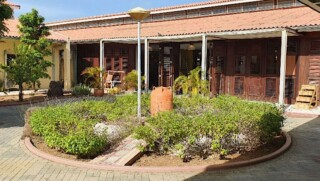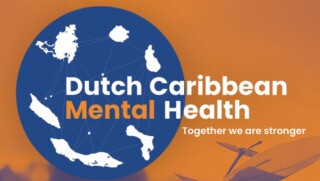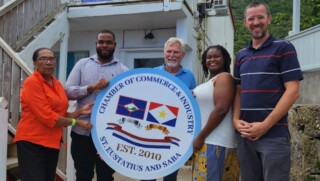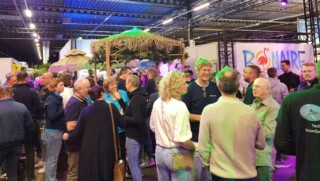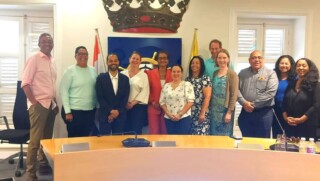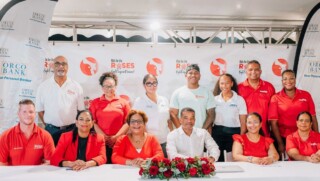Youngsters debate discrimination and racism
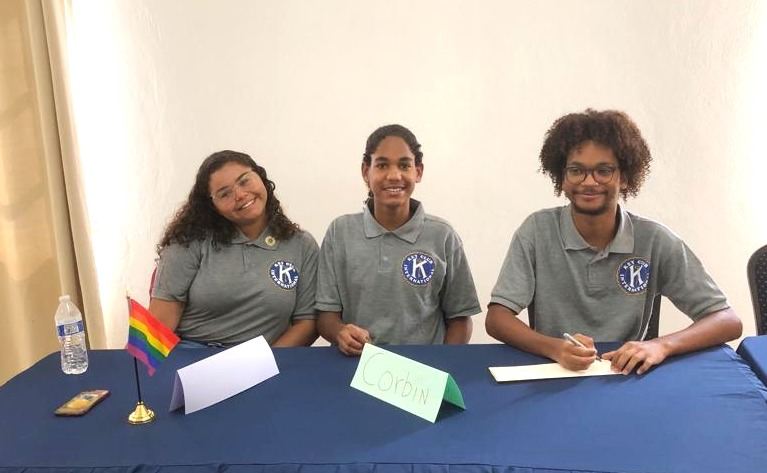
THE HAGUE– Young people on Bonaire, Sint Eustatius, and Saba have entered into a conversation with the National Coordinator against Racism and Discrimination about racism and discrimination.
On April 11, the youngsters discussed their experiences and understandings with national coordinator Rabin Baldewsingh, the dialogue’s initiator. The conversations in which the youngsters talked about their experiences and gave recommendations, were made possible by UNICEF Nederland and Foundation WeConnect.
The youngsters expressed themselves on topics such as: What do I notice or see in my own surroundings with regard to discrimination and racism? What could be done about it to prevent exclusion? What can young people do about it?
Sint Eustatius
During the dialogue various issues surfaced. The Sint Eustatius’ youngsters focussed on education. They would like to see practical lessons to be offered in school to ban discrimination. ‘Teach children how to identify racism and how to correct their behaviour’ was one of the recommendations.
Saba
According to the Saba youngsters, Saba is dealing with ‘systemic racism’, which allows for privileged white families to have an advantage in life and often attain higher positions. In addition, both the youngsters from Saba and Sint Eustatius demanded attention for more ‘gender equality’. They pointed out that the ‘toxic macho culture’ prevents development of equality, women’s rights and rights of the LBGT community. One of the young debaters said: ‘We have to teach men in our society how to talk about their feelings in a healthy manner, in order to break away from gender norms and roles’.
Bonaire
Bonaire’s youngsters address linguistic issues. They point out that they, unlike on Aruba and Curaçao, are forced to learn Dutch at school, prior to their mother tongue, Papiamento. Many young people therefor don’t have a fluent command of any language, which creates a language barrier. Moreover, they indicate that it is very hard to find adequate housing in the Netherlands as a student and that European Dutch students were given priority.


